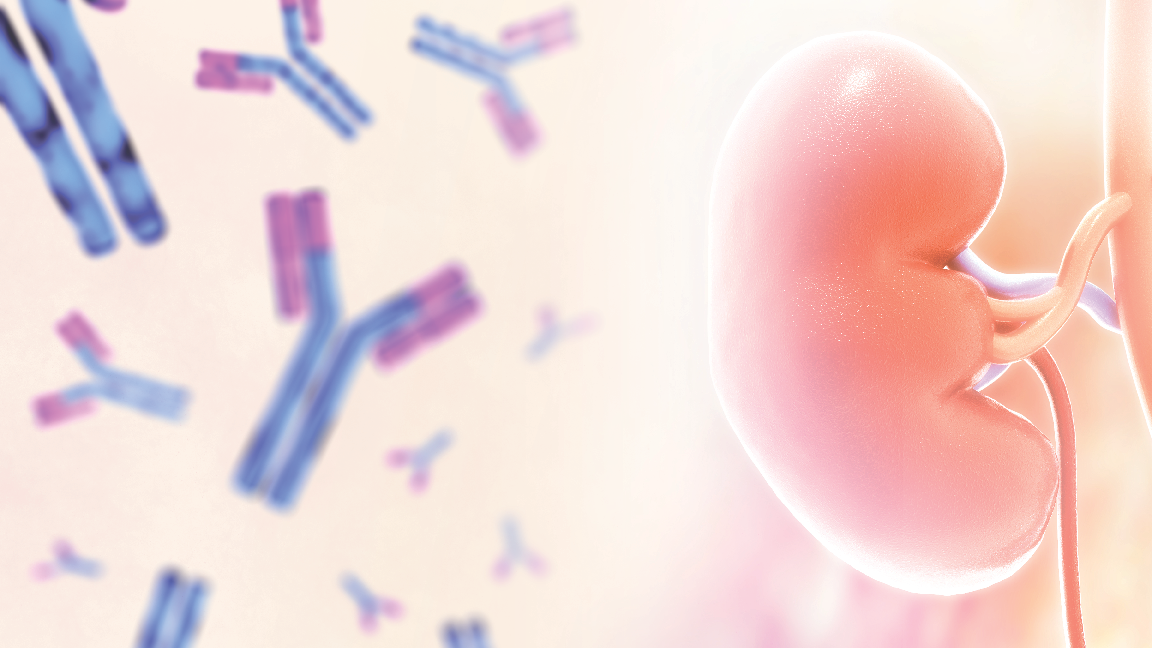
The goal of this activity is to provide education about AMR treatment principles, guidelines, and emerging therapies. Faculty will discuss the genesis of alloantibody production and how it contributes to graft loss, as well as unmet needs in AMR therapies. An experienced patient with AMR provides insights for transplant clinicians to consider when treating their patients with AMR.
Upon completion of this activity, participants should be better able to:

Professor of Surgery
Director, NYU Langone Transplant Institute
New York, NY

Professor, Medicine and Surgery
Head, Division of Nephrology
Department of Medicine
University of Wisconsin
School of Medicine and Public Health
Madison, WI

Director, Nephrology & Transplant Immunology
Medical Director, Kidney Transplant Program
Cedars-Sinai Medical Center
Professor, Pediatrics & Medicine
David Geffen School of Medicine at UCLA
Los Angeles, CA
Featured RMEI CE Activities – Earn CE Credit(s)
Stay up to date with the latest RMEI CE Activities and receive Exclusive Medical Education Resources